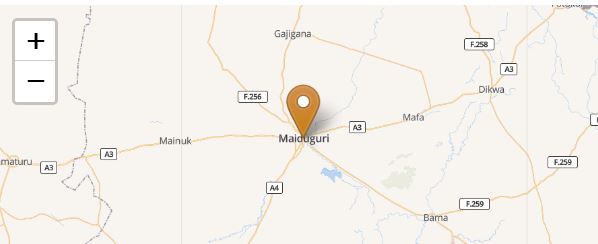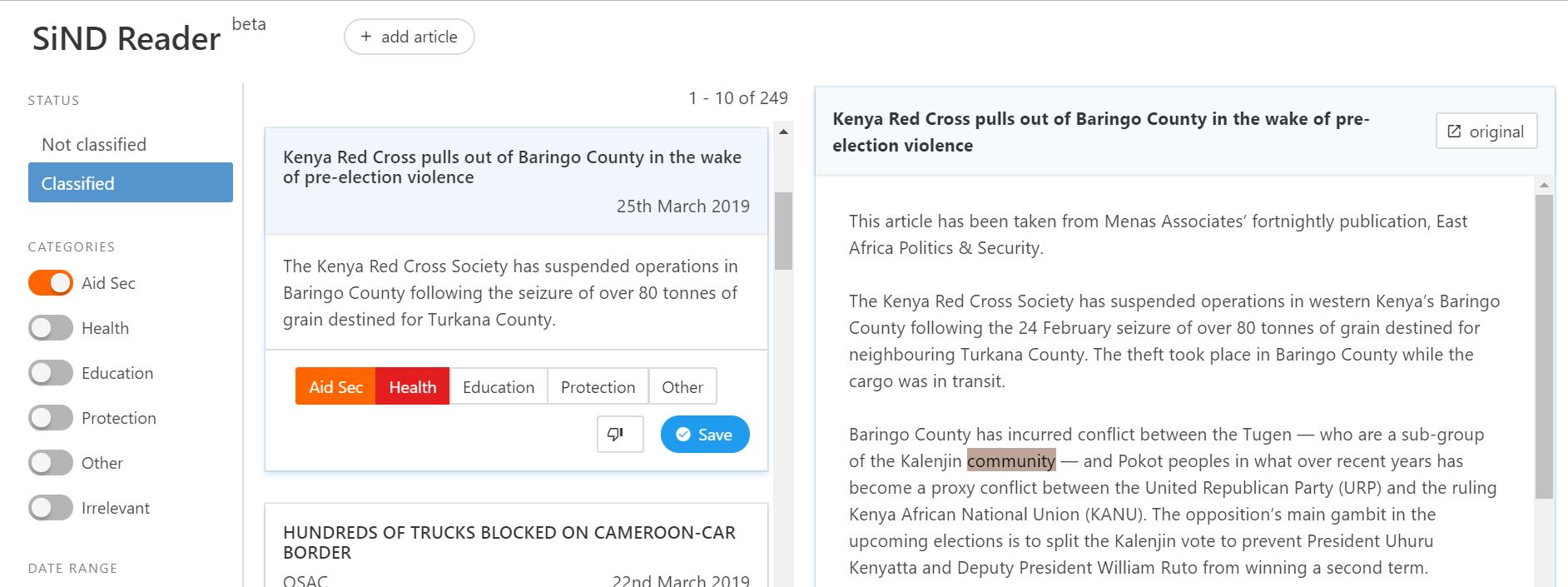- Home
- About us
- Press Releases
- Projects
- SIIM
- Security Incident Information Management (SIIM) (EN)
- Security Incident Information Management (SIIM) FR
- Security Incident Information Management (SIIM) (ES)
- Security Incident Information Management (SIIM) AR
- SIIM in NGO Security Collaboration
- Toolkit: Evidence that Protects Health Care
- Support for Advocacy
- Mobile Guides and Podcasts
- Mobile guides on security
- Research partnership
- Concept development
- Information
- Country Pages
Digital Innovation
We collaborate with IT hubs and develop state-of-the-art digital software that helps to identify, record, and analyse data on people in danger. We make our data available for interesting research. We work on our own digital projects and we are happy to share this technology with others in the research or the aid sector.
Our Software

The Smart Panel
AI programmers have developed a “smart panel” which converts text-based descriptions into structured and geo-coded data.
It has been trained through machine learning to understand the key features of a security event. These are checked by a human operator and entered into our database.

The News Feeder / Web Crawler
We have built our own pipeline to channel news stories into a news feeder. We are using National Language Processing (NLP) based classifiers to identify relevant information from open sources to compile our news briefs on aid security, attacks on education, healthcare and in IDP and refugee settings.
Social Media Monitoring

Social Media Monitoring
Recognizing that social media occupies an increasingly critical place in humanitarian hot spots, Insecurity Insight seeks to harness social media data and translate it into actionable analysis for aid organisations. To do so, it uses proprietary technology in the form of a social listening platform powered by AI to systematically collect large-scale social media data.
Collaboration for Innovation

Hackerthorn The Port at Cern
Insecurity Insight presented our ideas and challenges at Hackathon and were thrilled that the idea for The Smart Panel and News Feeder won the first price both from CERN and Mozilla in 2015.

GluoNNet
GluoNNet provides data, intelligence and foresight services to the aid sector. Insecurity Insight works with GluoNNet to explore visual analytic techniques to understand the nature and patterns underlying attacks on healthcare. We are using visual analytics to understand and explore complex connectivity between data. The current Proof-of-Concept explores if existing advanced data analysis techniques are also suitable to extract unexpected insights as well as complex evidence based relations from structured data about violence. If it works, it would allow us to drastically improve the speed and possible amount of data sources that could be analysed. Get in touch if you are interested to find out more.